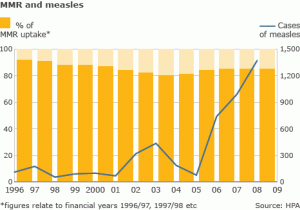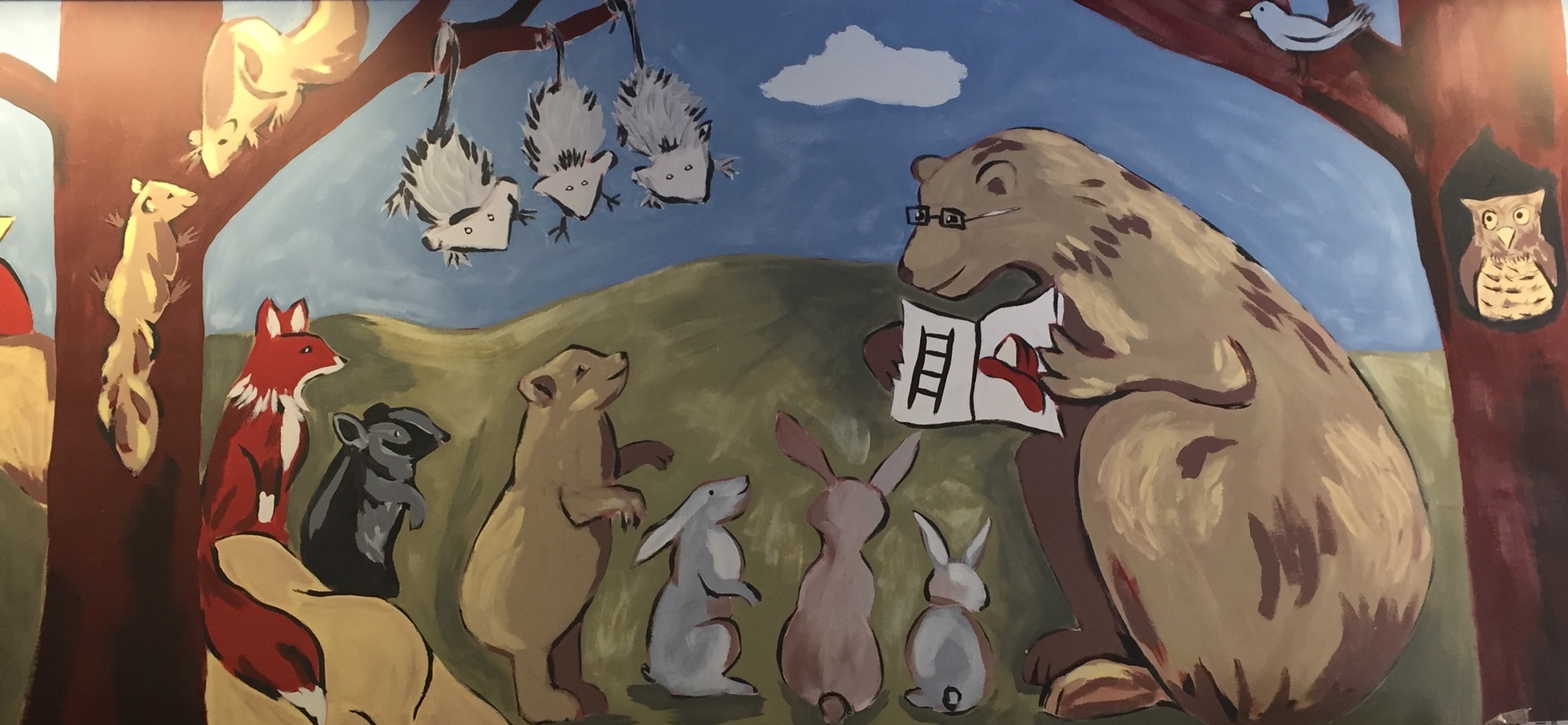Dr. Rob Schechter On Vaccines
/Posted on December 1, 2010 by Dorothy
Dr. Rob Schechter is a pediatrician with the California Department of Public Health Immunization Branch.
When Dorothy asked that I blog about vaccines, I thought I would talk about recent headlines that touch on two important aspects about the decision to vaccinate, protecting your child and protecting those around you in the community, including your family and friends.
LONDON CALLING
In January 2010, the General Medical Council (GMC), which regulates English physicians, reported that Dr. Andrew Wakefield, who first suggested a (now disproven) link between the measles, mumps and rubella (MMR) vaccine and autism, had acted “dishonestly and irresponsibly” and with “callous disregard” to children in conducting his research. His actions are itemized over 55 pages of the report from the 2½ year GMC investigation: They include having had developmentally-disabled children receive spinal taps and colonoscopies without any medical need.
In response to the GMC findings, a premier medical journal formally retracted Dr. Wakefield’s original 1998 article that reported the research in question. Ten of Wakefield’s 11 co-authors had issued a partial retraction in 2004.
When speaking with the press at the time of the article’s publication in 1998, Dr. Wakefield advised against giving children the combination MMR vaccine. His ideas received extensive publicity in the British media and public, and in the ensuing fear, the proportion of British children immunized against measles fell to a low of 80% by 2004 (See bars in Table below). As a result, there are now enough people in England who are not immune to measles to permit widespread transmission. The number of people sick from measles, a potentially life-threatening disease, has dramatically increased in the UK (See trend line in Table below). In response to the spread of measles, vaccination rates have increased since 2004 but still have not regained the pre-1998 levels of over 90% that minimized the spread of disease.

2-FOR-1
This episode illustrates that vaccines can provide 2 layers of protection to you or your child. The first layer is to the person getting vaccinated. The second layer is to entire community, but only if enough people are vaccinated to limit the spread of disease to other people.
In England, the level of immunization nationwide against measles has dropped below the level of community protection with dangerous results. The same situation has occurred on a smaller scale close to home. In 2008, outbreaks of pertussis (whooping cough) in our neighbors and of measles in San Diego, resulting in children getting hospitalized, took place occurred in schools and social networks where many parents have declined to immunize their children.
When you decide to vaccinate your child, you are providing immunity to your child and to your child’s community at OFS and beyond. Likewise, high levels of vaccinations of all of those around you help to keep your child healthy. As an old hymn asks (if in a different meaning), “will the circle be unbroken?”
Dr. Robert Schechter, MD








